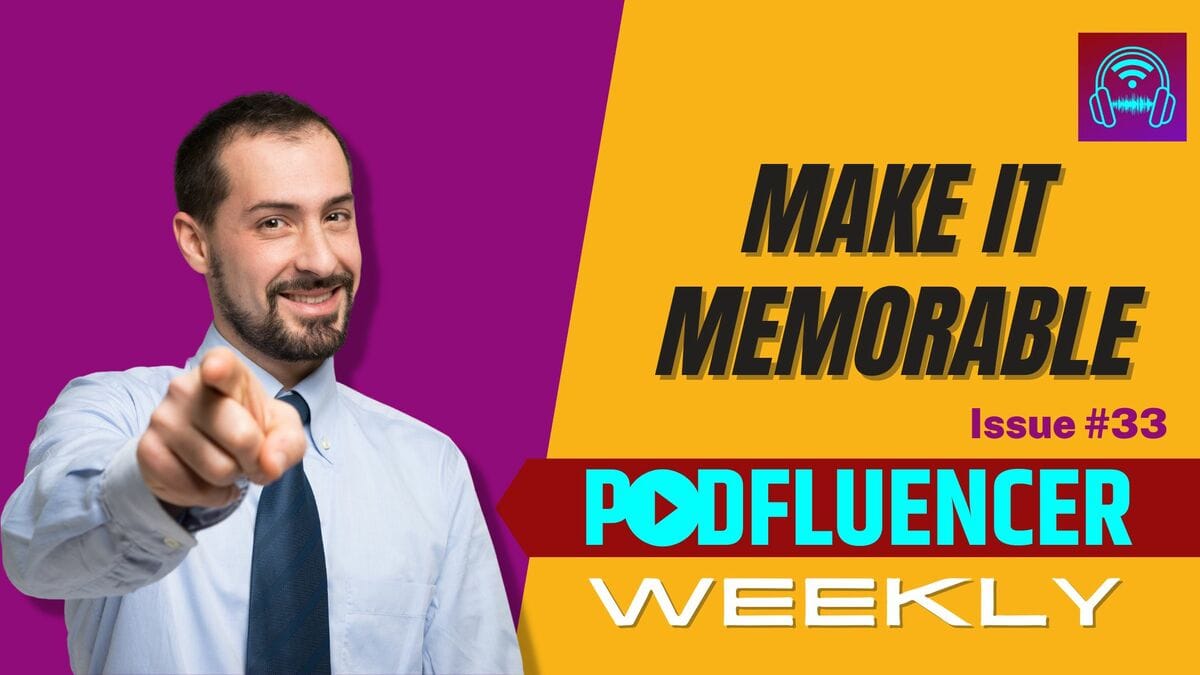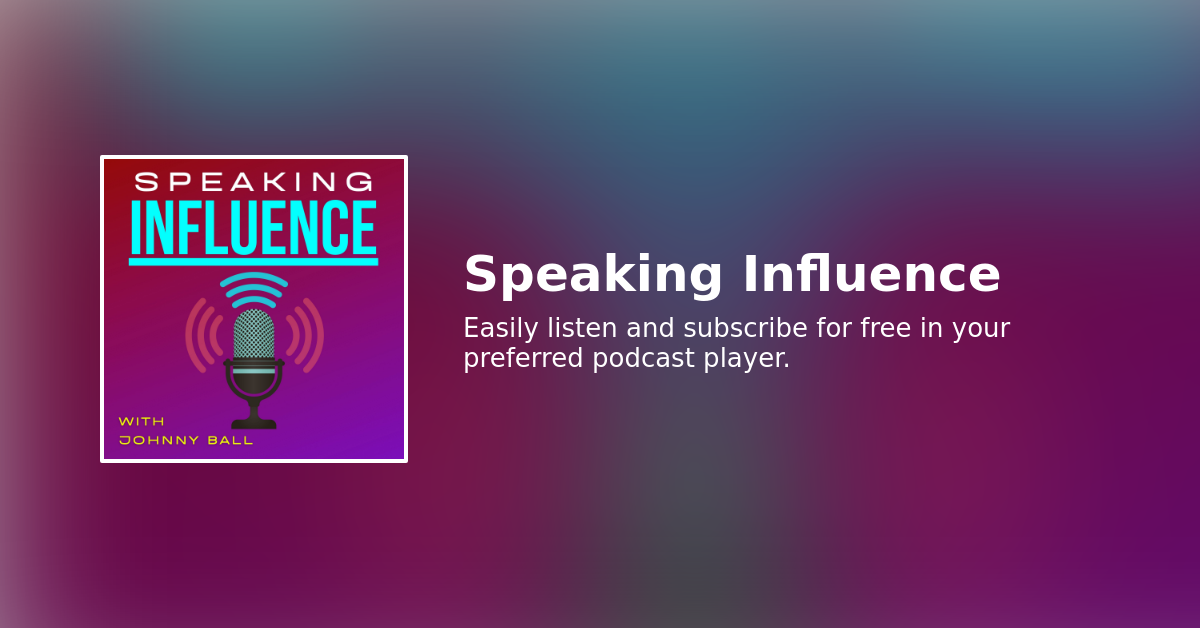
I remember going to a networking event and a guy kept looking over and smiling at me. He waved hello. I had no idea who he was. I gave one of those polite nods, acknowledging that I’d seen him without wanting to seem too familiar in return. Was he flirting? Did he know me from somewhere? Did he mistake me for George Clooney, as often happens in my life?
The people I had been chatting to moved off to speak with others, and he made his move. He came bounding over towards me, hand outstretched and as we shook he said “Hey John, it’s been ages. How are you?” Luckily, he was wearing a visible name badge. “Oh, Hi Luke, yes, it has been a long time.” Thinking on my feet, I asked “When was the last time we connected?” Suddenly his disposition saddened as he said “That would be when I was your coaching client a few years back!” Ouch!
I know I do not have the best memory but to not even remember a client who, and I had to check this, was with me for just over 6 months of private coaching is pretty bad. Why didn’t I remember him? I remember most of my clients but this one slipped through the net of my memory like a Turkish oil wrestler. Had I not seen his sessions on my calendar and notes in my files, I would have been inclined to believe someone had implanted memories in my head.
Truth is, sorry Luke (not his real name), I didn’t remember you because you weren’t very memorable. There was nothing much to pin to my memories of our sessions. Everything was very normal, the goals were the kind I often work with and whilst he is a lovely person, nothing about him had made a lasting impression on me. Add that to my coaching being mostly audio, so I rarely saw what he looked like. It was perhaps unsurprising and he may not be the only client I don’t remember.
Perhaps that makes me a bad coach or a bad person. Perhaps it just makes me normal and fallible but it does strike home the need to make an impression on people if you wish to be remembered. I am only too well aware that I have been in situations before where I was the person who had been forgotten. One of those people was someone I had briefly dated, so that was nice.
The longer I podcast, the more I care about the quality of the content I put out, not just on my own show but also in my appearances on other shows and in more of the content I put out. I tell my clients not to be too information heavy in their presentation style and yet, as soon as I get the chance to become the teacher, I’m hard to shut up.
I have been slowly returning to appearing on other people’s podcasts and it was during a recent interview that I realised I was talking about making an impact and how to be more influential on podcast interviews and yet I was not doing those things myself in this interview. That was painful to note. The interview was fine but the realisation struck like Big Ben at midnight on New Year’s Eve and it was all I could think about for the rest of the interview. So much for being present.
We can all throw ourselves into spirals but this one seemed valid to me. If I am teaching people how to be more influential on podcasts, I need to be out there practising what I preach and walking my talk. I’m big on integrity and I suddenly felt out of mine. Like the book I have written but not published (thankfully), everything needs to be restructured and implemented for myself.
To further that thought, in my learning from Kevin Chemidlin at Grow The Show, I should be thinking about having a framework that I can easily teach and should be a thing that people associate with me. Kevin has Targeted Daily Engagement (TDE) and I would either need to have my own framework or put the time into developing one. Well, luckily for me I already had the raw materials, I just needed to structure them in a way that made sense as a framework.
Being able to go on a podcast and share a framework is much more memorable than just blabbing on. Also, you need to have some stories and clip-able comments ready to go and a few other bits and pieces. I will talk more about these things in future articles but it makes me think about the people who tell me they just wing it.
I get a lot of guest applications these days and most do not get accepted for either being too vague or for being focused only on their goals and not those of the show or the needs of my audience. For those who are a bit more on the right track, I will have them fill out a questionnaire and then will try to check out some of their recent appearances on other shows. This is a deciding factor for me and here’s what I’m looking out for:
How clear are they when being interviewed?
Do they give unnecessarily long answers to questions?
Are they entertaining to listen to?
Do they actually listen to the questions and answer them?
Are they clear about the problems they solve for people?
Do they offer great value to their audience?
Will my audience thank me for interviewing them?
There may be a few other deciding factors but these are the main ones.
In many cases I tend to find many people are a little self-indulgent in interviews, I include myself in this, we love to talk about our favourite topics and go off at tangents. Most people I know would never improvise a professional presentation as a speaker and yet are completely happy to wing it in interview situations. Trouble is, it can easily go off the rails.
I lot of podcasters I speak with when they describe their shows can’t really tell you what it’s about. Sometimes I check the shows out and I couldn’t tell you what they’re about either. "Yeah, it’s just me and my pals and we get together and talk about what’s going on. You know, real talk, going deep on things like social issues, politics, things in the news… We have a laugh and a great time together so we decided to start recording it and put it out as a podcast." I don’t know about you, but I don’t want to listen to that. Hardly anyone does. It’s unstructured and unclear what you’ll get out of it. Don’t mistake your interesting conversation for being something of interest to everyone.
Structure matters, even if only loosely. I always have a pretty clear idea of what I want to talk about with my guests before we get as far as recording because without that we would sometimes chat for hours. It’s happened a few times. I don’t like having my questions ready in advance, I like to have a real conversation but we already know what we’ll be talking about. We already know the purpose of us getting together and the outcome for the listener.
Even if your host is unstructured, you needn’t be. Having a framework, some relevant stories, a potted hero’s journey, some pithy quotable comments and a clear and simple CTA are far more likely to make you a memorable guest on someone’s podcast. Just as there’s an art to interviewing, there’s an art to making interviews work well for you and your brand and the danger of improvisation and unpreparedness is potentially it can damage your brand but if you’re prepared and practised, it can only enhance it.
What do you think? Do you agree? Do you think I’m completely wrong? Do you feel called out by some of this newsletter? Justified? I’d like to know your thoughts. Share in the comments and if you think this was worth reading, please share this on your socials. I'm not selling anything except some ideas so please help me share them with more people who you think could benefit. Oh, and leave a comment. It's nice to hear other people's thoughts.
One of my most engaging guests who really delivered and made sure he was memorable is body language expert Mark Bowden. Mark knows how to teach, entertain and make things memorable. Listen to this on 2 levels. One to learn about what Mark teaches on body language, which is amazing, and two to listen for what makes him such a great guest.
Your Musical energiser this week is from the amazing and wonderful Gloria Estefan. Try not shaking your tush to this one. Have fun and make it an amazing week.

